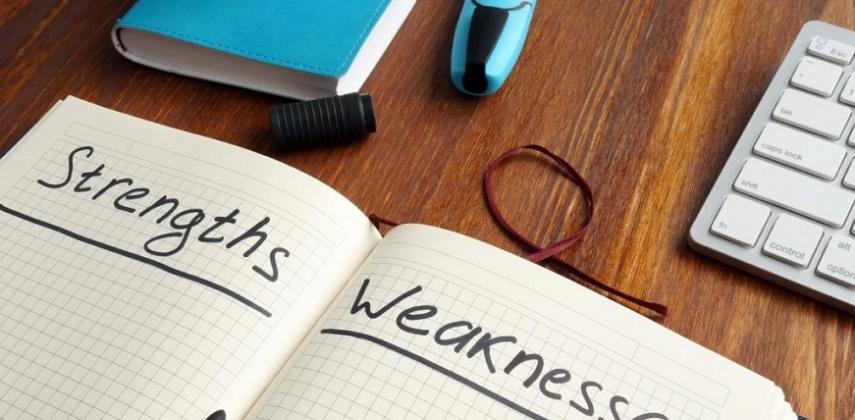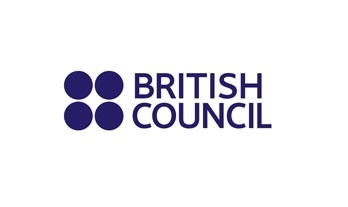So, you have finally located your ideal job, you have crafted a winning cover letter, fine-tuned your CV and landed the all-important interview. You have prepared diligently to showcase the mix of skills and experience which makes you the perfect candidate. Then, the interviewer hits you with the unexpected: ‘What is your greatest weakness?’. How do you answer this question and avoid making yourself look bad?
Be honest
You definitely do not want to say you have no flaws; no one is perfect, after all. And the last thing you should do is give a glib answer like, ‘I’m too much of a perfectionist’, or ‘I’m a workaholic’. For one thing, most good organisations want employees who can strike a proper work-life balance, but more importantly, any interviewer will see through such an answer and conclude that you are either being insincere or haven’t adequately prepared.
Prepare, prepare, prepare
Of course, it goes without saying that you should prepare, but you want to plan specifically for this question, so that you are not totally caught off guard. You will notice that there are three ‘prepares’ above: it is a good idea to have at least three weaknesses to discuss, in case the interviewer asks you for more. As you prepare, carefully review the essential qualifications for the position and avoid pointing out a shortcoming in any of these areas. Doing so will probably eliminate you from the running immediately.
Keep in mind that the question is intended not to disqualify you, but rather to determine how you handle challenging or difficult situations at the workplace, so you should respond in a way which will demonstrate your ability to do so. If you are having trouble coming up with ideas, look at your previous performance reviews or feedback from colleagues. What were the action points for improvement that you identified? Make a list of as many weak spots as you can and then choose three or more that you can work with.
Hard vs. soft skills
Career counsellors often talk about hard and soft skills. In brief, hard skills are things that you can learn, like how to use spreadsheet software or speak a second language. Soft skills are often more like personality traits such as a tendency to avoid confrontation or being an effective communicator. Generally, hard skills can be more easily acquired whereas it may take considerably more time and effort to acquire or change soft skills. For this reason, it is more desirable to choose a hard skill as a weakness to talk about in an interview.
Some examples:
Hard skills
- Inexperience with a software package
- Knowledge of terminology related to a specific field
- Knowledge of accounting procedures
Soft skills
- Anxiety about public speaking
- Reluctance to delegate tasks
- Impatience when working with groups
Next week in Part 2, we’ll look at how you can frame your weaknesses in a way that makes them look like strengths.






